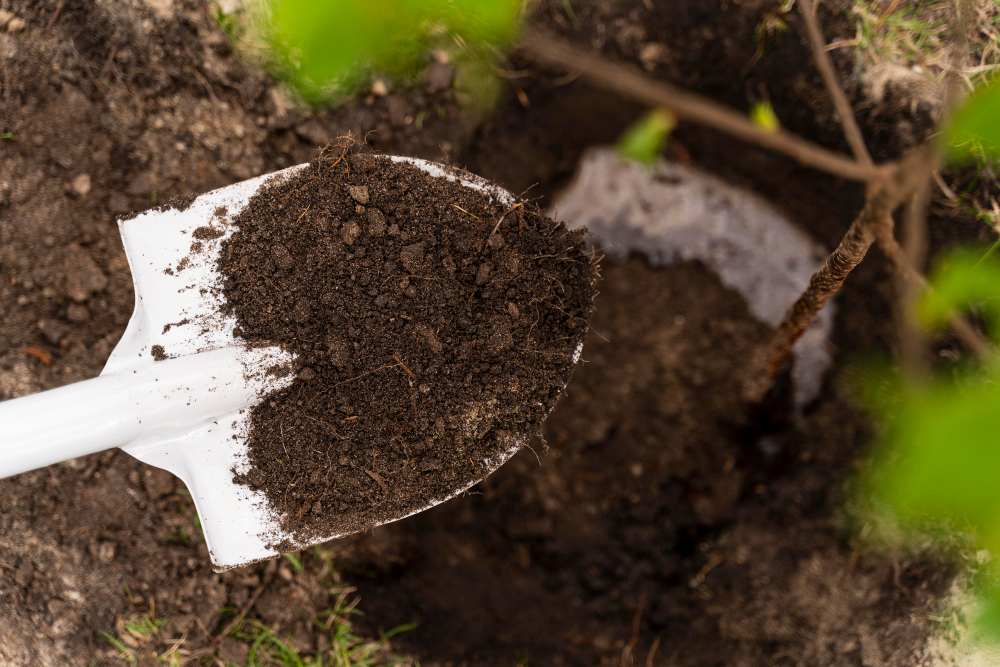Reviving tired garden soil is essential for maintaining a vibrant and productive vegetable garden. Over time, soil can become depleted of nutrients, compacted, and less able to retain moisture, which can severely impact plant health and crop yield. Fortunately, there are several natural methods to rejuvenate your garden soil, enhancing its fertility and structure without resorting to chemical interventions. This guide will explore effective techniques to breathe new life into your garden soil.
Incorporate Organic Matter
One of the simplest yet most effective ways to improve soil health is by adding organic matter. Compost, aged manure, leaf mold, and green manure crops (cover crops) are all excellent choices. These materials not only add essential nutrients back into the soil but also improve its structure, enhancing water retention and aeration.
Practice Crop Rotation
Rotating your crops annually helps prevent soil depletion and reduces the buildup of pests and diseases. Each type of plant uses different nutrients in varying amounts. By changing what you plant in each area of your garden, you help maintain a balance in the soil’s nutrient levels, reducing the likelihood of deficiencies.
Cover Cropping
Cover crops, such as clover, vetch, and rye, are planted during the off-season when your garden beds would otherwise be bare. These crops protect against soil erosion, suppress weeds, and improve soil health. When tilled into the soil, cover crops add organic matter and nutrients, naturally enriching the soil.
Deep Mulching
Mulching is not just for weed control. Applying a thick layer of organic mulch, such as straw, wood chips, or leaves, can dramatically improve soil moisture retention and temperature regulation. As the mulch breaks down, it continuously feeds the soil, adding organic matter and fostering a healthy soil ecosystem.
Encourage Soil Life
A healthy soil ecosystem is teeming with beneficial organisms, from bacteria and fungi to earthworms and beetles. Encouraging this biodiversity is crucial for soil health. Practices like reducing tillage, using organic fertilizers, and maintaining a diverse plant population support these organisms, which in turn help break down organic material into nutrients that plants can absorb.
By implementing these natural methods, gardeners can effectively revive and maintain the health of their garden soil. Healthy soil is the foundation of a successful garden, supporting robust plant growth and increased yields. By focusing on sustainable soil management practices, you not only enhance your garden’s productivity but also contribute to a healthier environment.


Leave a Reply